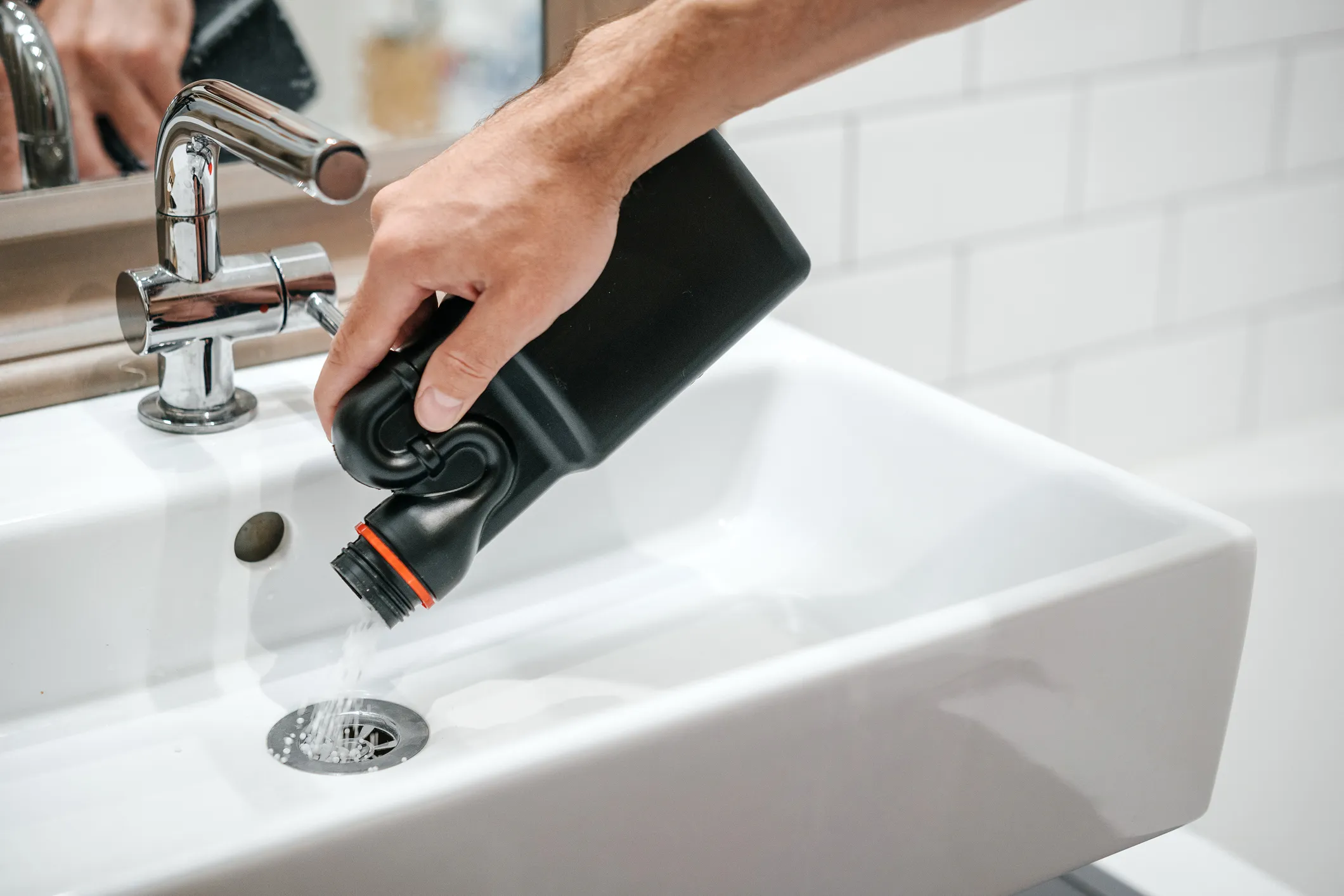The products we use to clean our homes often contain dangerous chemicals. These toxins can cause severe injuries or even fatalities if they are not stored correctly and in secure locations. If a hazardous home chemical has injured you or a loved one, the West Palm Beach product liability attorneys at Lytal, Reiter, Smith, Ivey & Fronrath may be able to help you obtain compensation for your injuries.

The top dangerous chemicals found at home
Many of the household cleaners and products you use daily contain chemicals that are toxic to your body. These products may or may not have warning labels to indicate their danger. The top dangerous chemicals found in many homes include:
- Air freshener: Many air fresheners contain formaldehyde and other chemicals that can be toxic if inhaled. They are also flammable and can catch fire if near an open flame.
- Ammonia Exposure can burn your eyes, nose, and throat. Because it is a corrosive liquid, it can also burn your skin.
- Antifreeze: Antifreeze contains ethylene glycol, which can cause organ damage when inhaled or swallowed. It can also cause brain damage or death.
- Bleach: Bleach can irritate your eyes, nose, throat, and skin. It can produce toxic fumes if mixed with other substances, such as ammonia.
- Carpet cleaner: These cleaners contain chemicals that can cause cancer, and organ damage, dizziness, and nausea. They should never be inhaled in a room with little ventilation.
- Drain cleaner: Drain cleaner typically contains lye and sulfuric acid, which can burn skin and eyes. Ingesting it can cause devastating injuries to your kidneys and liver or even death.
- Furniture polish: Many furniture polishes contain carcinogens, which can cause cancer and other illnesses. They can also cause skin burns, vision loss, and difficulty breathing.
- Laundry detergent: The enzymes in detergent that break down stains and dirt contain toxic enzymes when ingested. They can cause asthma if consumed in large amounts.
- Mothballs: Mothballs contain pesticides that can cause headaches and dizziness if their fumes are inhaled. If ingested, they can cause cancer or anemia.
- Pest killers: Most bug sprays and pest treatment products contain dangerous chemicals. Pesticides can cause cancer and reproductive damage.
Nearly all homes have many of these products. They must be stored safely and used according to the manufacturer’s instructions. Suppose you have suffered injuries from one of these dangerous home chemicals because they were not appropriately labeled. In that case, you may be able to file a product liability claim against the manufacturer, distributor, or retailer for your injuries.
How dangerous home chemicals can affect your health
Exposure to hazardous chemicals in the home can lead to catastrophic injuries. They can be absorbed into the skin or inhaled. Some of the common injuries caused by exposure to dangerous home chemicals include the following:
- Nausea
- Difficulty breathing
- Allergies
- Rashes
- Dizziness
- Burns
- Difficulty swallowing
- Eye damage or blindness
- Nerve damage
- Lung damage
- Neurological problems
- Traumatic brain injuries
- Memory problems
If you are experiencing any of these symptoms after exposure to a dangerous home chemical, you should seek immediate medical attention. Follow your medical provider’s instructions carefully. Suppose the hazardous chemical in your home was not properly labeled as potentially toxic or did not have a warning label. In that case, you should immediately consult a West Palm Beach product liability lawyer.
How to prevent injuries from dangerous chemicals in the home
Knowing how to store and handle hazardous home chemicals can reduce your risk of injury or death. Children and pets are especially vulnerable to injuries from these toxic chemicals in the home. Steps for preventing injuries from dangerous chemicals in your home include the following:
- Store products containing toxic chemicals in places where children and pets cannot reach or access them.
- Never remove the labels from the chemical’s containers.
- Never store dangerous home chemicals in food containers.
- Never mix household chemicals that can react, explode, or ignite.
- Never use flammable chemicals near an open flame.
- Clean dangerous chemical spills immediately while wearing proper protective gear.
- Always use dangerous home chemicals in well-ventilated areas.
- Dispose of dangerous chemicals in the home properly by sealing them in plastic bags in your trash can.
- Dispose of hazardous chemicals properly.
- Keep the national poison control and your local emergency medical provider’s contact information in a visible area in your home.
If a dangerous home chemical has caused you injuries, do not wait to contact a personal injury lawyer. We can investigate the cause of your illness and determine if another party was negligent and can be held responsible. You may be entitled to compensation if they were liable for your injuries.
We can help if you were injured from exposure to dangerous home chemicals
An experienced product liability attorney at Lytal, Reiter, Smith, Ivey & Fronrath can help you file a lawsuit against the party liable for your injuries if those injuries were caused by negligence. Contact us at (561) 655-1990 to discuss your potential product liability claim. We will review your options for compensation due to your exposure to dangerous home chemicals.



